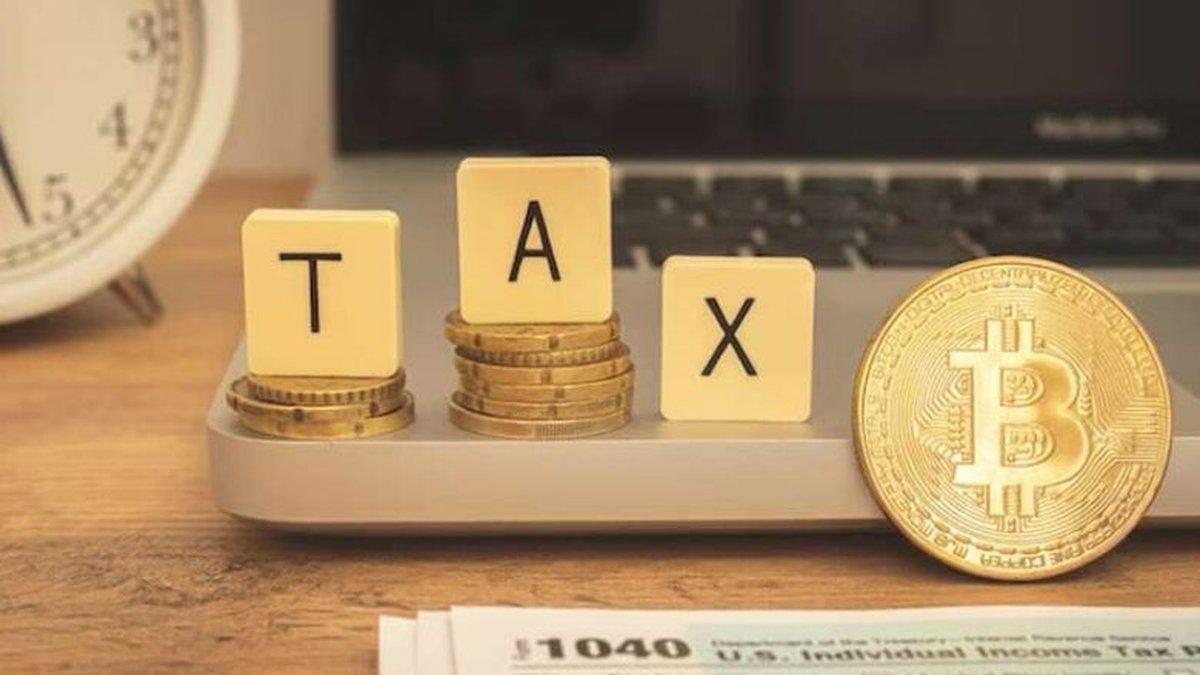Taxing Staking Rewards: Comprehensive EU Guidelines
Staking cryptocurrencies has emerged as a prominent way for investors to earn passive income. However, taxation of staking rewards introduces unique complexities. Understanding how these rewards are treated under EU tax law is essential for compliance, strategic planning, and risk mitigation.
Understanding Staking and Its Tax Implications
Staking involves locking cryptocurrency assets to support network security and consensus, typically in proof-of-stake (PoS) blockchains. In return, participants receive rewards, which can be newly minted tokens, fees, or a combination thereof.
Tax authorities in the EU generally treat staking rewards as taxable income, recognizing the fair market value at the time of receipt. For investors, this means:
- Accurate valuation is critical to determine taxable income.
- Rewards must be reported even if not immediately sold or exchanged.
- Different jurisdictions may apply separate rules for personal and business staking operations.
Regulatory Overview Across EU Countries
The treatment of staking rewards varies:
- Germany: Rewards may be subject to income tax, and long-term holdings might qualify for exemptions.
- France: Staking rewards are generally considered investment income, taxable under progressive income tax rates.
- Italy: Recognizes staking income as financial income with specific reporting obligations.
- Portugal: Currently offers favorable conditions, with some exemptions for individual investors.
Investors should consult local regulations and consider professional guidance to ensure compliance.
Key Features and Use Cases
Staking not only provides income but also reinforces network security and governance. Key features include:
- Consensus Participation: Stakers help validate transactions and maintain blockchain integrity.
- Token Economics: Inflationary rewards incentivize long-term participation.
- Governance Rights: Some protocols grant voting rights, affecting network proposals and upgrades.
Use cases extend beyond personal gains to institutional applications, DeFi liquidity provision, and decentralized governance mechanisms.
Comparisons with Other Crypto Income
Unlike capital gains from trading or mining income, staking rewards are recurring and may fluctuate based on network activity and inflation rates. This recurring nature impacts tax calculations and requires diligent record-keeping.
Risks and Compliance Considerations
Taxing staking rewards involves risks, including:
- Volatility in token prices affecting valuation at receipt.
- Regulatory changes altering tax obligations retroactively.
- Complexity in cross-border staking operations, particularly for decentralized protocols.
Investors should maintain detailed transaction logs, reconcile with blockchain data, and consider professional advice to minimize risk exposure.
Investment Outlook
Staking offers attractive yields in an evolving crypto ecosystem. Understanding tax implications allows investors to plan for net returns and optimize portfolio strategies. Diversification across assets, careful selection of staking protocols, and proactive compliance with tax regulations are crucial for sustainable growth.
Further Reading and Resources
Crypto Tax | SEC Coin | Fidelity Crypto
Frequently Asked Questions
What are staking rewards? They are tokens earned by participating in PoS networks, contributing to security and consensus.
Are staking rewards taxable? Yes, generally as income at the fair market value at the time of receipt.
How do staking rewards compare to mining? Staking is often less resource-intensive than mining, but tax treatment may be similar in some jurisdictions.
Where can I learn more? Explore our sections on SEC Coin, Fidelity Crypto, and Crypto Tax for detailed insights.





